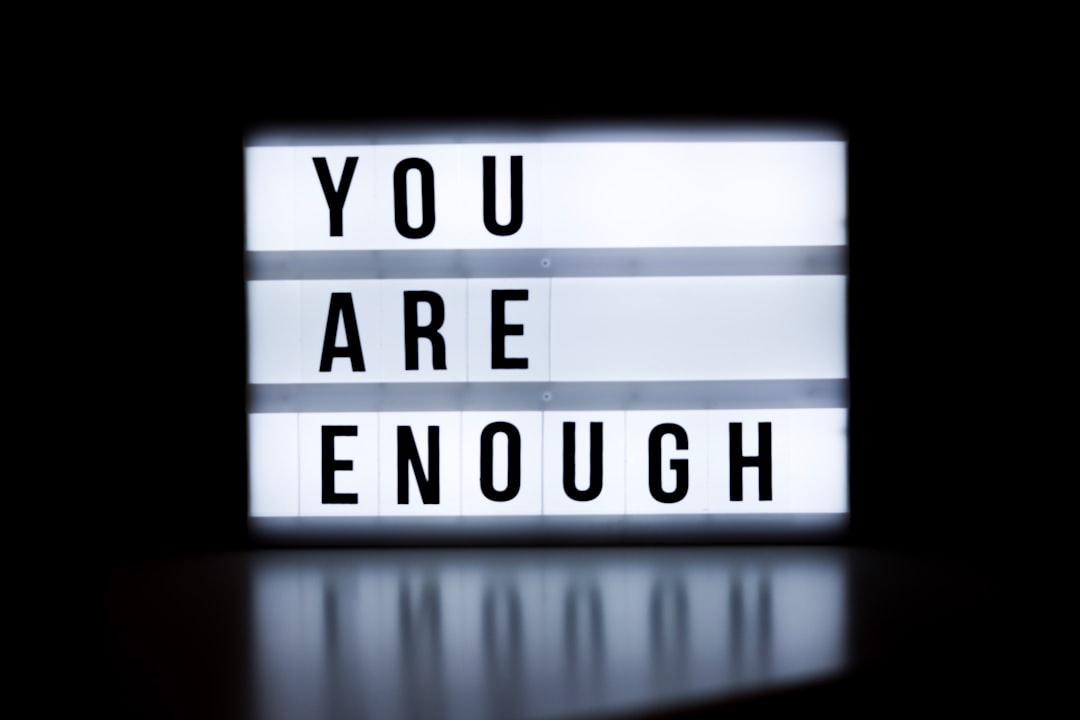#218: A Verse That Can Save Humanity
Kedushat Levi on Parashat Vayakhel-Pekudei, Shemot/Exodus 36:7

Gimme Some Torah #218
וְהַמְּלָאכָה הָיְתָה דַיָּם לְכָל־הַמְּלָאכָה לַעֲשׂוֹת אֹתָהּ וְהוֹתֵר׃
. . .their efforts had been more than enough for all the tasks to be done.
Moses orders the people to stop bringing their voluntary donations for the construction of the מִשְׁכָּן (mishkan, Tabernacle) bec…
Keep reading with a 7-day free trial
Subscribe to Gimme Some Torah to keep reading this post and get 7 days of free access to the full post archives.


